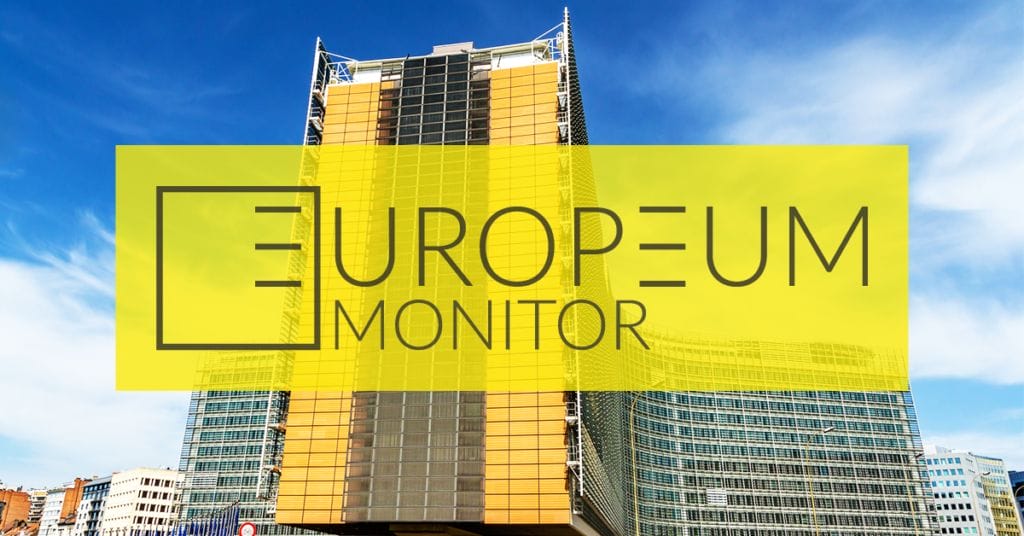The Future of Europe under construction

- The ongoing debate on the future of European integration is a rolling stone. It lasts and evolves since the very early stages of the integration process decades ago. In the past, there were various cleavages between member states that were – more or less – useful in understanding the debate.
- There were the wealthier states and the pooper nations, the net contributors and the cohesion states, the free market economies and socially protective economies. There were the new member states who argued for solidarity and the Scandinavian states who argued for transparency. There were those who argued for deeper integration, and those who were happy with the status quo. There were sound economies and troubled ones. There was important unemployment in some states and shortages of workers elsewhere. All those differentiations were reconsidered with the exit of the United Kingdom from the Union.
The current context of the debate has been framed by a number of events in recent years. First, the post-Brexit referendum reality, in which negotiations the EU is negotiating terms of a loose-loose agreement. Second, a series of devastating socio-economic and migratory crises in Europe has taken a significant toll on the mood of European societies. Third, a number of terrorist attacks on European soil in recent years further contributed to an increase of public fear, and potentially – to a new trend of closing in of societies.
All leaders referred to the catalogue of European values of the EU treaties and the Charter of Fundamental Rights. What in the past seemed like an obvious statement in recent years – and in all the speeches – became an important element of the debate on the future of Europe.
The nine presented visions on the future of Europe reflected on many policy areas. Sometimes the leaders made more concrete proposals, some others have referred to the Commission scenarios, yet many underline that the main role of the European Union is not to replace its member states, but to empower them by creating an added value.
Europe has changed. Business as usual cannot continue. This is the basic starting reflection of the current debate. The only way for a “carry on” of the Commission scenario to take place seems to be the default option if no agreement exists elsewhere. Failing to do more might however be destructive for those who want to do more and no longer wish to wait. This is why this is not the preferred, or even probable, option.
Celá publikace je dostupná skrz tlačítko PDF v pravo na této stránce.





